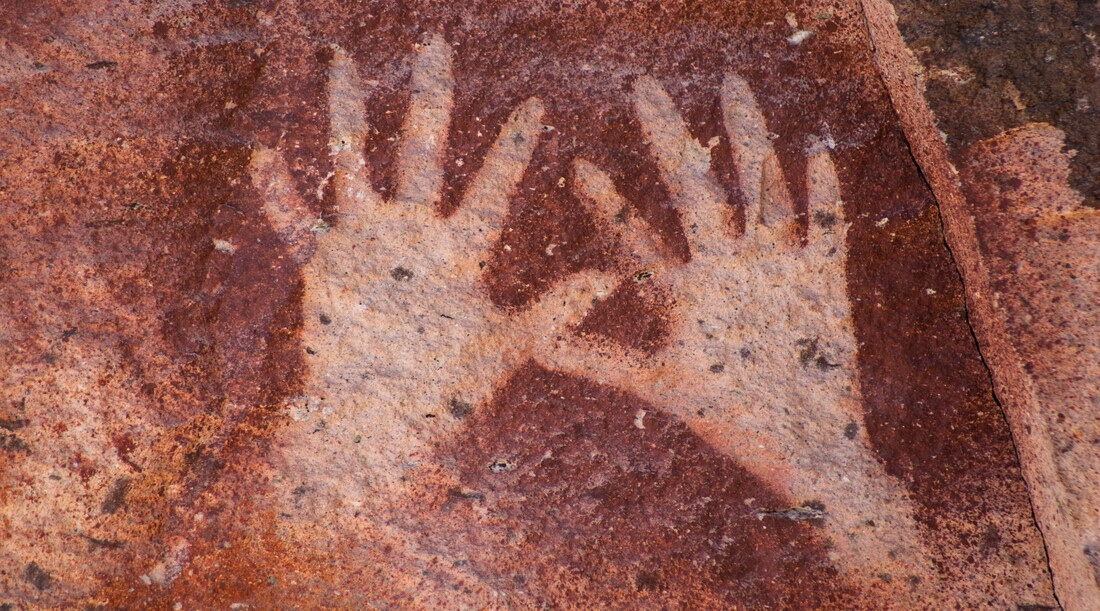|
English gives lefties a bad name. The word sinister (evil) comes from Latin meaning “on the left side.” Gauche (awkward, tactless) is from French for “left.” The word left itself appears to derive from an Old English form meaning “weak or foolish.” It’s unkind to give a left-handed compliment, complain that a dancer has two left feet, or denounce an idea as out of left field.
As for left’s opposite, the Old English root riht meant just, good, or correct. Adroit (clever, skillful) comes from Old French for able, handsome, skilled in combat, or on the right-hand side. Latin dexter (on the right-hand side) gives us dexterity and dexterous, synonymous with adroit. Left-handers no longer get burned for witchcraft, but our words insult them at every turn. They are not alone. Paddy wagons carted drunk and disorderly Irish off to jail. To be gypped was to be swindled by a Rom or “Gypsy.” Hysteria (Greek for “uterus”) was an affliction of women. American Indians lost their homeland to white settlers circling the wagons and holding down the fort. World War I veterans might bristle at the use of basket case for stressed-out folks who never lost limbs in battle. Which of these linguistic connections have faded into history, and which still carry insult or offense? It’s a matter of respect to avoid terms that feed discrimination or negative stereotypes, as experienced by the people affected. Until left-handed people complain of sinister and gauche as derogatory to them, I’ll probably go on using both. Image: Prehistoric wall painting in Cueva de las Manos (Cave of the Hands), Argentina.
0 Comments
Leave a Reply. |
AuthorI'm a historian who writes novels and literary nonfiction. My home base is Madison, Wisconsin. Archives
July 2024
|

 RSS Feed
RSS Feed